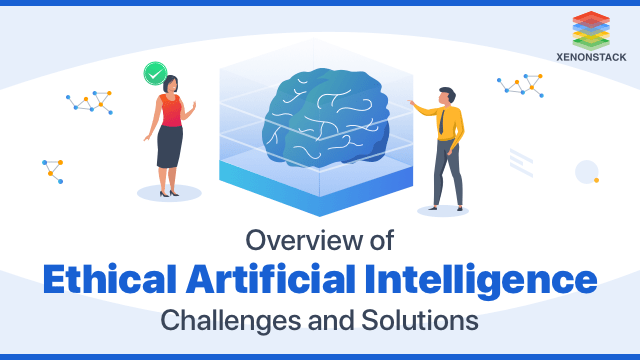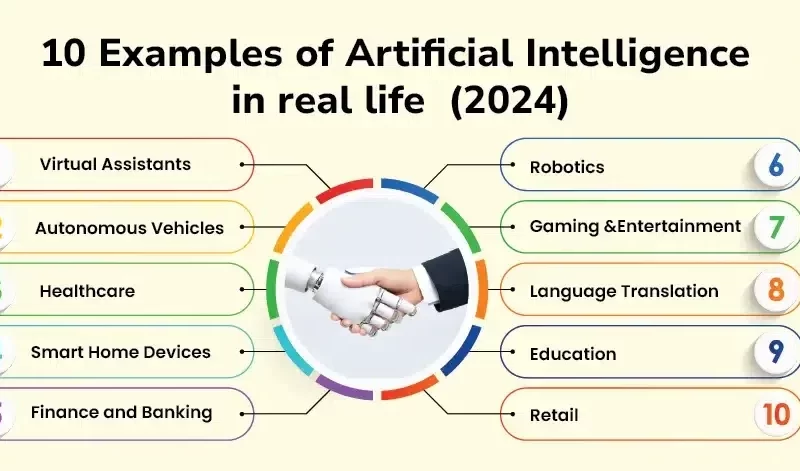Artificial Intelligence, or AI, is a rapidly growing field in the tech world that is revolutionizing the way we interact with technology. From self-driving cars to virtual assistants like Siri and Alexa, AI is changing the way we live and work. In this beginner’s guide, we will explore what AI is, how it works, and its potential impact on society.
What is AI?
AI refers to the simulation of human intelligence in machines that are programmed to think and learn like humans. These machines are designed to perform tasks that require human intelligence, such as visual perception, speech recognition, decision-making, and language translation. AI is powered by algorithms that allow machines to learn from data, recognize patterns, and make decisions based on that information.
Types of AI
There are two main types of AI: Narrow AI and General AI. Narrow AI, also known as Weak AI, is designed to perform a specific task, such as playing chess or driving a car. General AI, on the other hand, is a hypothetical form of AI that has the ability to understand and learn any intellectual task that a human can. While Narrow AI is currently more prevalent, researchers are working towards the development of General AI in the future.
How Does AI Work?
AI systems work by processing large amounts of data, identifying patterns, and making decisions based on that information. Machine learning, a subset of AI, allows machines to learn from data without being explicitly programmed. Deep learning, a type of machine learning, uses neural networks to simulate the way the human brain works, allowing machines to recognize images, speech, and text.
Applications of AI
AI is being used in a wide range of industries, including healthcare, finance, transportation, and entertainment. In healthcare, AI is being used to diagnose diseases, develop new drugs, and personalize treatment plans for patients. In finance, AI is being used to detect fraudulent transactions, predict market trends, and automate customer service. In transportation, AI is being used to improve vehicle safety, optimize traffic flow, and develop self-driving cars.
Challenges and Ethical Considerations
Despite the many benefits of AI, there are also challenges and ethical considerations that need to be addressed. One concern is the potential impact of AI on the job market, as machines take over tasks that were previously performed by humans. There are also concerns about data privacy and security, as AI systems collect and process large amounts of sensitive information. Additionally, there are ethical concerns about the use of AI in autonomous weapons and surveillance systems.
The Future of AI
Despite these challenges, the future of AI is bright. Researchers are continuing to make advancements in AI technology, making it more powerful and versatile. AI has the potential to revolutionize industries, improve efficiency, and enhance the way we live and work. As AI continues to evolve, it will be important for policymakers, researchers, and industry leaders to work together to address ethical concerns and ensure that AI is used responsibly.
Conclusion
AI is a transformative technology that is changing the way we interact with the world around us. From self-driving cars to virtual assistants, AI is reshaping industries and revolutionizing the way we live and work. As AI continues to evolve, it will be important for society to address challenges and ethical considerations to ensure that AI is used responsibly. The future of AI is bright, and with continued advancements in technology, the possibilities are endless.


